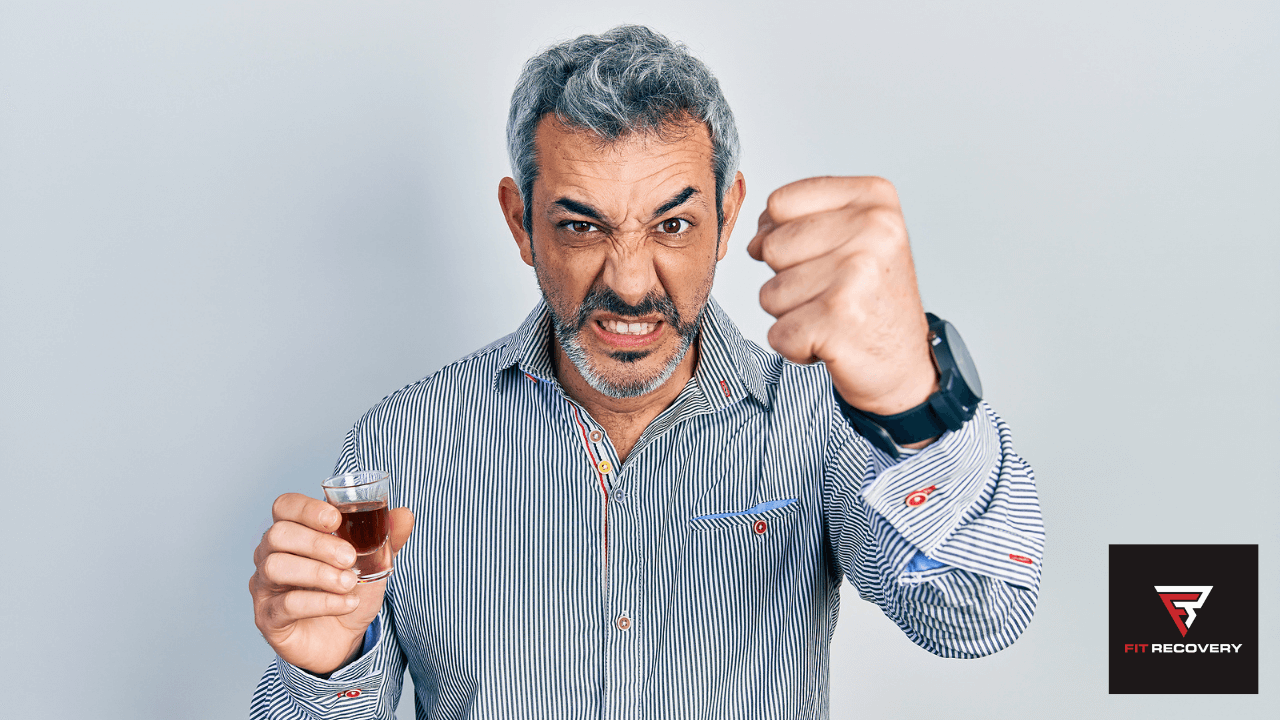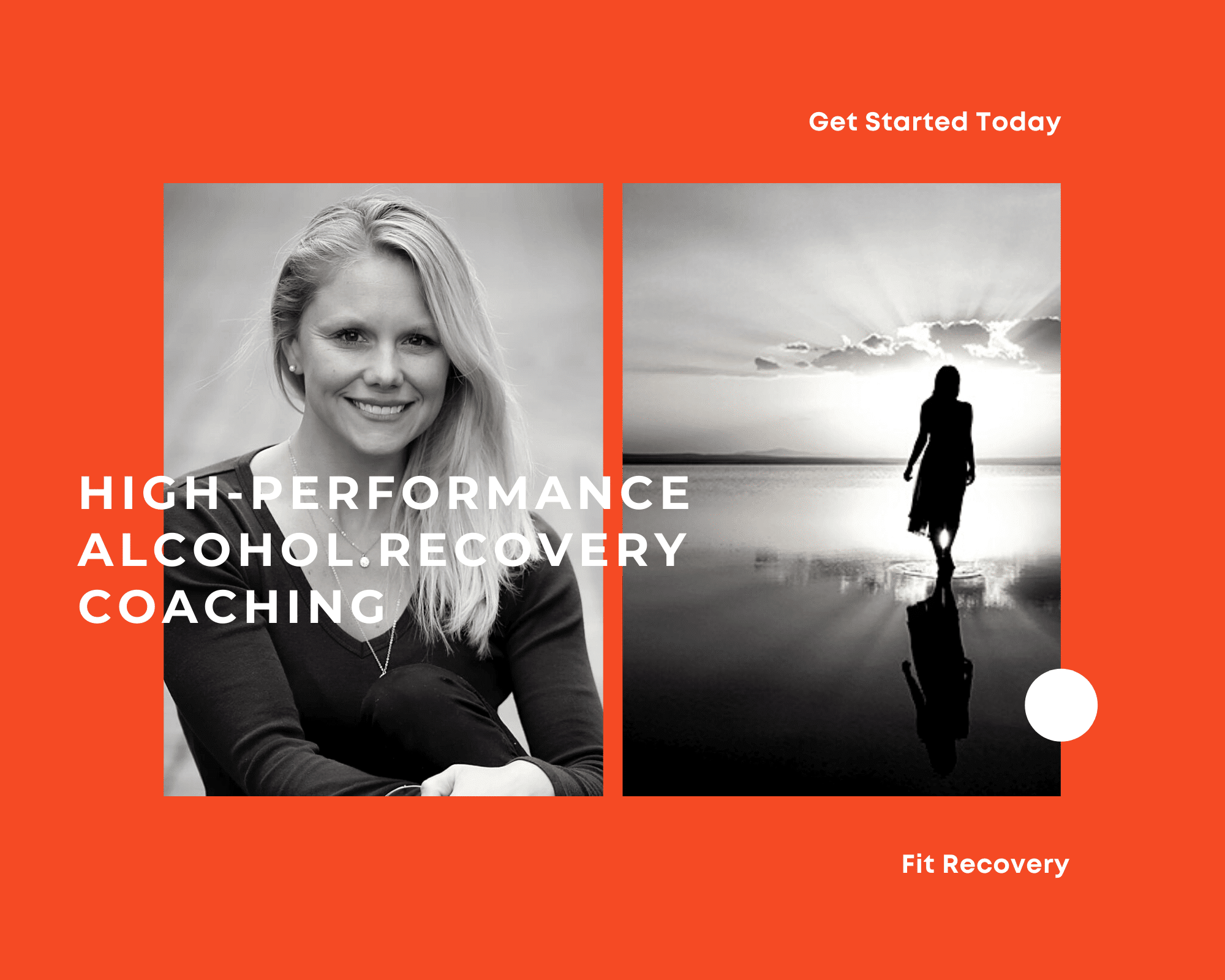We’ve all experienced it, felt it, been overwhelmed by it…stress! Just reading the word is probably sending chills down your spine and causing your body to tense up. Believe it or not, stress should be healthy and positive. A little bit of stress is our body’s way of reminding us that we need to pay our bills, be on time, run from dangerous situations.
Stress is what enhances our performance, helps us to adapt and overcome, and protects us in times of need.
However, in today’s world, we are experiencing stress at toxic levels and the results are detrimental.
The Relationship Between Illness, Disorders, Symptoms, and Stress
Medical research “estimates as much as 90 percent of illness and disease is stress-related.” This fascinates me because in my recovery coaching work it is part of the recovery process to reduce stress. When discussing why we should slow down, take a time-out, and find peace – I have my clients think about when they have feelings – what reaction does their body create in response (emotion).
We all know that when we get excited we feel it in our gut, our heart might start racing, we feel good all over. What about when we are angry? We might feel that in our gut too, also our shoulders might tense up, and we might start shaking.
These are all physiological responses to our feeling-called emotions.
Cancer Statistics
According to cancer.gov, “an estimated 1.8 million new cases of cancer will be diagnosed in the United States, and 606,520 people will die from the disease.” Even though the cancer mortality rate has declined (this could be due to new advanced medical technology, or that more new cases are found in young adults who have a higher survival rate than children and older adults), the number of new cases for cancer has increased.
In fact, a recent study done of cancer trends in new cancer diagnosis among adolescents and young adults between the ages of fifteen to thirty-nine years old in the US reported that number has increased by 39%!
It is great that we have figured out a way to treat cancer, which we all know with treatment comes a higher risk for developing additional side effects that could be long-term, but why have we not found a better way to prevent cancer?
Cardiovascular Disease Statistics
Cardiovascular disease (including high blood pressure, coronary heart disease, and stroke) is the leading cause of death worldwide, killing one person approximately every forty seconds.
As of 2018, 30.3 million adults were diagnosed with heart disease in the United States.
According to the American Heart Association, more than 6 million people are diagnosed with heart failure and that number is expected to increase by 2030. Every year, about 659,000 Americans die from heart disease.
Diabetes Statistics
According to the 2017 National Diabetes Statistics Report, diabetes is the seventh leading cause of death in the United States.
Over 30 million people living in the United States have diabetes. From 1980-2014 the number of adults with diabetes in the world increased from 108 million in 1980, to 422 million in 2014.
Mental Health Disorder Statistics
Mental illness has also become extremely prevalent, especially after the recent COVID-19 pandemic. Even before the plague, there was an increase of 19% of adults in the US who experienced mental illness from 2017-2018.
As of April 2021, The National Center for Health Statistics has reported that 35% of U.S. adults reported having symptoms of anxiety or depression.
Stress and the Fight or Flight Response
Stress induces our “fight or flight response,” which is the physiological response to a perceived stressful or dangerous situation that then activates the sympathetic nervous system triggering the stress response to prepare the body to fight or flee the situation.
This is a great chemical reaction to have when things get serious around you, however, we have conditioned ourselves to be constantly in the way of stress.
Deadlines, bosses, friends and family requirements, social media, busy-no rest lifestyle, ugly neighbors, keeping up with the Joneses, the cell phones that we always use for business and pleasure in our hand, a need more and now society.
We are always on. In fact, if you ask your closest friends how much quiet time they get each day away from electronic devices and human interaction they would say, none.
In Praise of Silence
The days of quiet are gone, we don’t know what it is like to just be and listen to nature anymore. When the snowstorm happened in Texas leaving the majority of the state without power, my son and I were awakened to the silence! The silence woke us up, because we did were not used to just hearing the trees and the wind outside without the a/c or heating system, fans spinning, appliances running, sound machine going.
This is our lives 24/7, complete stimulation of not just pleasure-induced noise and activities, but stress-induced constant flow of thoughts and ideas.
In fact, several studies have shown that chronic stress significantly affects the immune system preventing the body to initiate efficient immune reactions, weakening the immune system.
The Fight or Flight Response
Let’s take a look at what is happening inside of the body when your “Spidey” senses are raised…your catecholamines, which are a group of hormones that include norepinephrine, epinephrine, and dopamine are released into the blood.
Even though these hormones are critical to our health and well-being – if they circulate throughout the body at higher levels, and for longer periods of time it greatly affects our health.
By constantly being in this fight or flight mode our heart rate increases as well as our blood pressure and breathing rate – these symptoms lead to disease.
Here is how it works:
- When stressed, norepinephrine, also called noradrenaline, is released from the adrenal medulla into the brain
- Norepinephrine is known as a vasoconstrictor because it narrows your blood vessels and increases your blood pressure in order to pump more blood to the heart in response to fight or flight
- Norepinephrine increases focus and energy, and the arousal system, at normal levels, is very beneficial
- When levels become too high it can lead to anxiety, blood pressure irregularity, brain fog, and difficulty sleeping
- Epinephrine, the adrenaline we all know so much about, is released by the adrenal glands when panic or sudden stress comes bolting into our lives
- Epinephrine is a hormone that is essential for our optimal well-being, but when it is overproduced, we run into concern for anxiety, increased weight, depression, heart disease, and other forms of illnesses
Toxic Stress Shuts Down Immune System and Repair Functions
You know all of those symptoms of panic or toxic stress – your heart starts racing, your palms get sweaty, your pupils dilate, you are overly aware of your surroundings, and you are probably surging with energy. These are all chemical reactions produced from adrenaline.
These reactions are a part of our survival system, but we have grown to overutilize this hormone even when there is no imminent danger, or we never get a chance to rest from our stress.
Our body’s primary stress response hormone is cortisol which literally puts your body into survival mode. Cortisol releases glucose to repair any damaged tissue, reduces non-essential functions, suppresses the digestive and reproductive system, and alters your immune system.
Navigating Your Way Out of Chronic Stress
Why are we allowing ourselves to stay in a constant state of stress? Why do we hold onto negative stressors instead of practicing faith and letting them go? We have been conditioned this way as a society and family. You can break the cycle and create new boundaries for how much stress you will allow in your life and allow yourself to hold on to.
Of course, with creating any new boundary there comes resistance. You will find yourself fighting to not change, but the statistics are there, and by staying true to change you could ultimately save your health.
Take a stand today, be your own advocate, reduce your stress starting now:
- Reduce your workload. You don’t have to do everything, and you don’t have to be perfect at everything. Your workload isn’t just your job that provides income, it is also your daily duties. For me, it is important to save time cleaning my house and outsource. I justify the cost and add it to my budget. I have found that by managing my resources I am able to either cut the fat or find ways to work smarter. This will take some upfront consultation, it will be beneficial to even bring in a professional, but over time this will prove to reduce your stress.
- Take your vitamins and supplements (Always speak to a medical professional before taking any new vitamins or supplements)
- L-Theanine – Provides relaxation and focus, this amino acid is derived from green tea so you can enjoy a cup or get this anxiety reducer in pill/powder form.
- Magnesium – Mineral that helps relax
- Holy Basil – Adaptogen that supports relaxation
- Lavender – Calms and relaxes to help soothe and promote sleep
- Rose – Antidepressant properties this oil helps promote emotional health
- Vetiver – Calms and grounds allowing relaxation and sleep
- Drink calming herbal teas throughout the day; avoid sodas, caffeinated and sugary drinks.
- Eat healthily – When your body isn’t overloaded with crap it feels better and is able to focus its attention on your brain and mind vs slowing down and feeling sluggish.
- Deep breathing when times get difficult
- Most important!!! Find your peace daily. Quiet time is essential to finding peace. It is by faith that you let things go and trust that all will work out for good. It is not only our situation that causes stress, but also our thoughts. We hold the keys to changing our stress levels, even if it is just starting with what we think about. Focusing your thoughts on things above.
- You will keep in perfect peace all who trust in you, all whose thoughts are fixed on you! Isaiah 26:3
- And we know that God causes everything to work together for the good of those who love God and are called according to his purpose for them. Romans 8:28
- Fix your thoughts on what is true, and honorable, and right, and pure, and lovely, and admirable. Think about things that are excellent and worthy of praise. Philippians 4:8
Don’t wait another minute to improve your life-make a change now, be empowered, and do great things!
Tana Peaco is a Certified Fit Recovery Coach specializing in assisting clients to build individualized Hierarchy of Alcohol Recovery treatment plans with clear milestones and a custom blueprint for freeing yourself from the chains of alcohol addiction. Tana is an alcohol recovery coach certified by the Academy of Addiction & Mental Health Nutrition.













So impressed with the articles! God is good!!
Thank you Shelly!